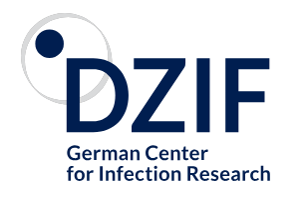TTU 05.824
"Prevalence, clinical course and outcome ofhepatitis D virus (HDV) infection in HBV infected"
Short Summary
Of the ~300 million people chronically infected with hepatitis B virus (HBV), 5% are thought to be co-infected with hepatitis D virus (HDV). The burden of disease, with elevated risk of liver cirrhosis and hepatocellular carcinoma, is high. However, 5% HDV co-infections may still be a profound underestimate because testing rates are low. With the approval of Bulevirtide in 2020, which can strongly decrease HDV RNA levels and normalize ALT levels, there is now great potential for patients to benefit from treatment. Current testing relies on ELISA-, RIA-, or CLIA-based anti-HDV antibody assays, followed by HDV RNA quantification. We have recently developed a point of care (POC) test to detect anti-HDV antibodies in serum and blood within 15 minutes. This prospective study aims to shed further light on HDV prevalence and outcome and to implement the HDV POC test on a larger scale in Germany, as well as establishing cohorts in Germany who are HBV/HDV- respectively HIV/HBVHDV-coinfected. Adult patients with known or suspected HBV infection or HIV/HBV coinfection will be enrolled to receive POC testing, and in case of a positive result, HDV RNA testing. Clinical data concerning risk of transmission, country of origin, clinical course and outcome will be collected. University Hospital Heidelberg, leading this project, and partner sites will focus on HBV-infected patients. University Hospital Bonn and cooperating centers already have well-defined cohorts of HIV/HBV-coinfected patients that will be of particular interest.
Highlights
- None. The project started recently




